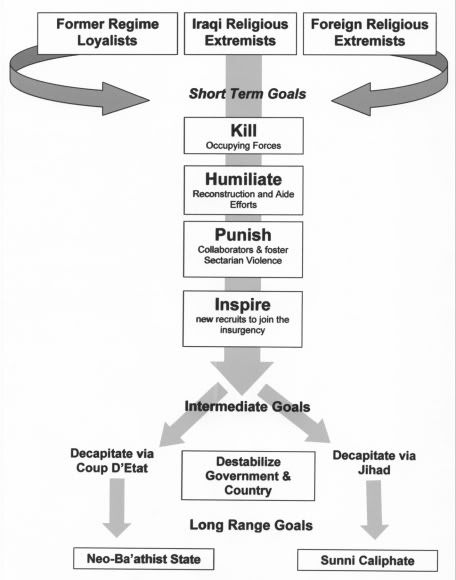Clauswitz made a good point when he proposed that the longer a war continues the greater role chance plays (paraphrased).
War expectations have allot to do with this.
Until you can get the public to accept that chance is going to play an increasing role in long term conflicts where political solutions weigh heavily, its going to be a hard sell. That is not to say it can't be done, just that politicians must articulate the threat as so it is self evident. That does not mean they should mis-represent the threat, to do that is to erode trust, once trust is gone its not easily recovered. In today's info age, there are many wiki-ists who will go out of their way to find the truth.







 Reply With Quote
Reply With Quote







Bookmarks